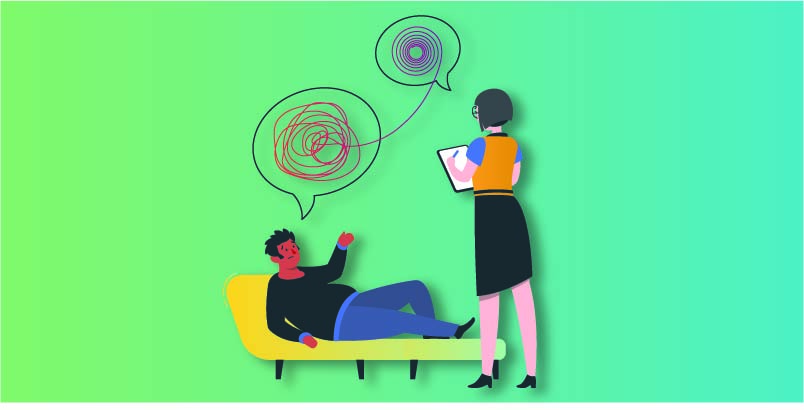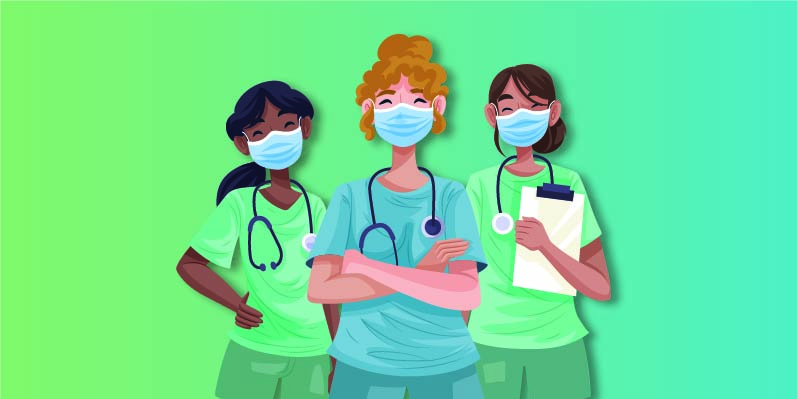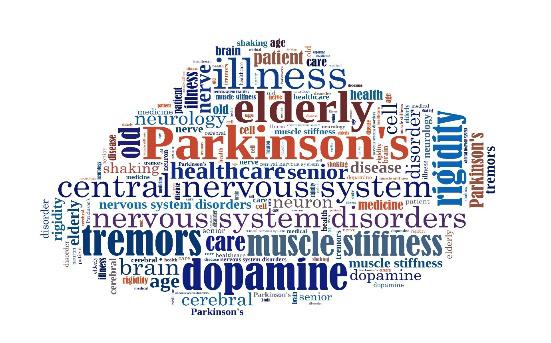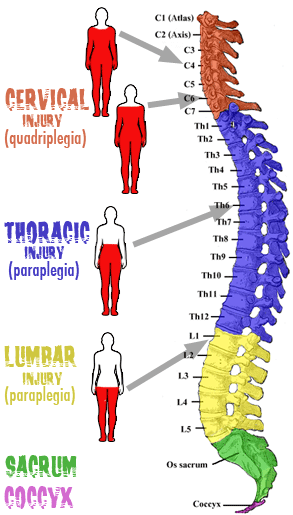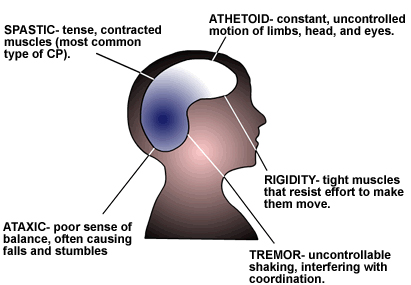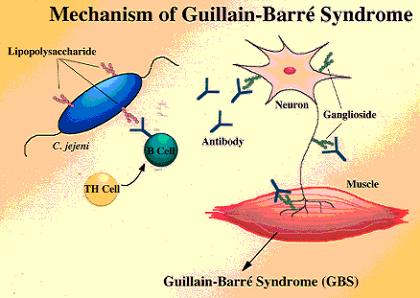Madurai
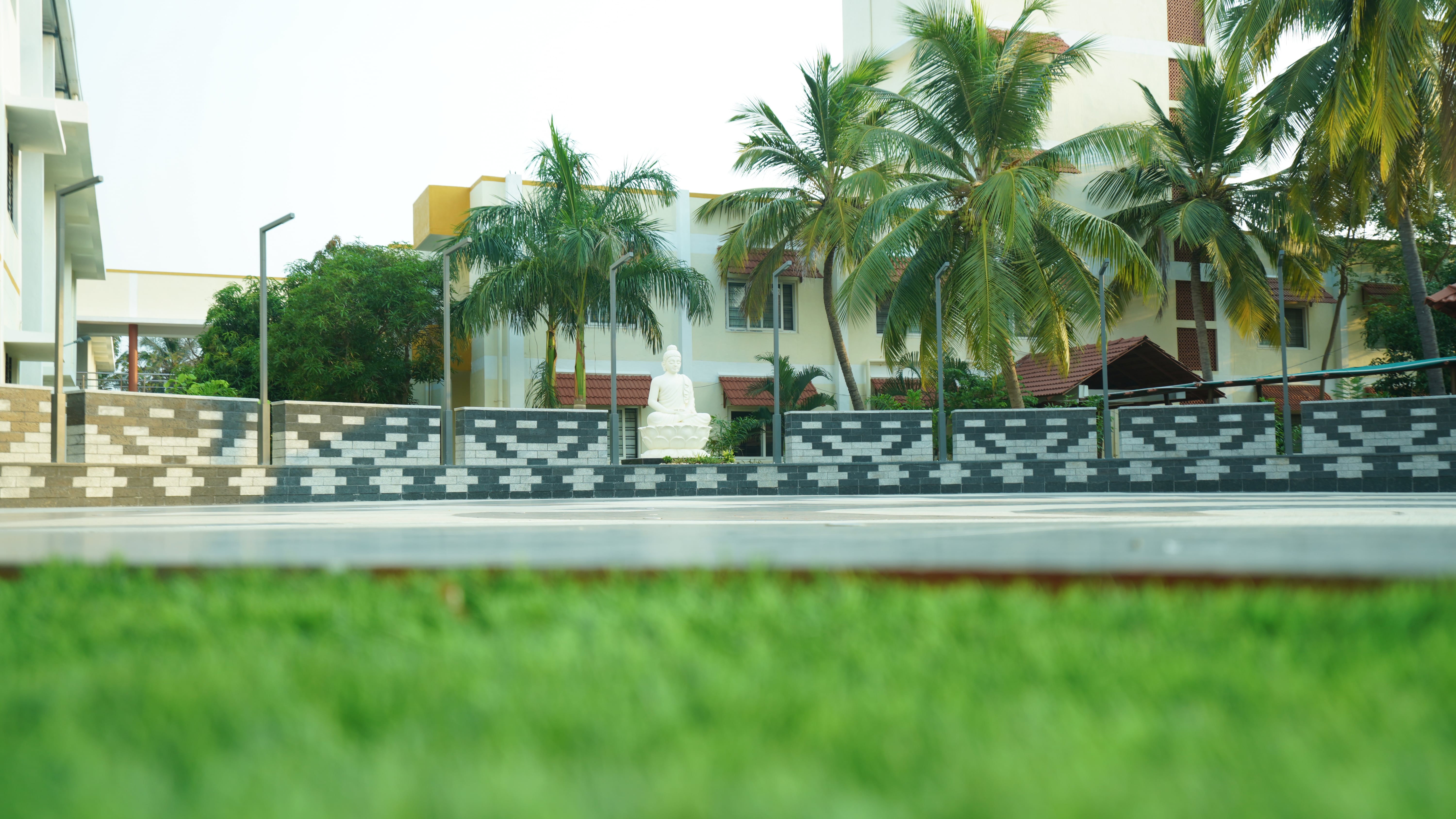
Live Well
Poovanthi - Vision and Mission
Rehabilitation is a highly person-centric health strategy, where issues like impairments, activity limitations and participation restrictions are effectively addressed and the overall well-being of the patients is improved.
Vision: Enhancing and enlightening the lives
Mission: To provide all necessary skills to enable the patient reach highest possible level of independence, improve quality of life and integrate back into family and community.
Departments

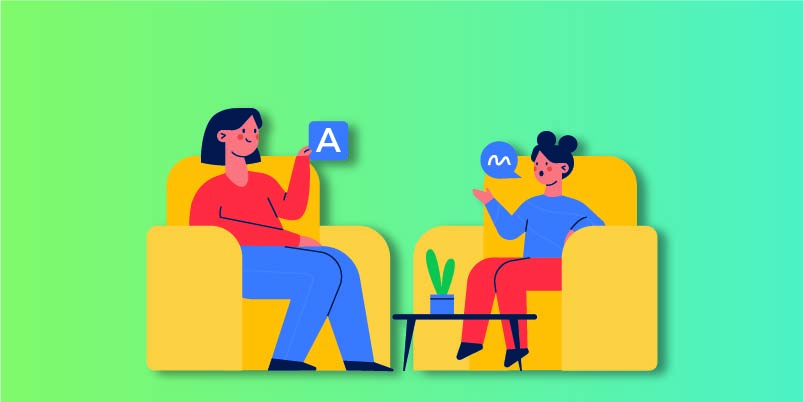
WHY REHABILITATION!
POOVANTHI comprehensive,multidisciplinary rehabilitation programme helps patients in numerous ways. Following are some of the main advantages of rehabilitating after treatment:
Rehabilitation helps patients stay as active as possible and enables them to participate in work, domestic activities and fullfill other life roles.
Multidisciplinary after-care plays a critical role in ensuring that patients gradually become independent after the treatment.
A well-planned rehabilitation programme will also have a positive impact on the quality of life
Services

STROKE
STROKE
Stroke is a complex and serious medical ion that can impair speech, motion, the thinking process, memory and the ability to carry out a wide range of functions that were once taken for granted as part of everyday life.
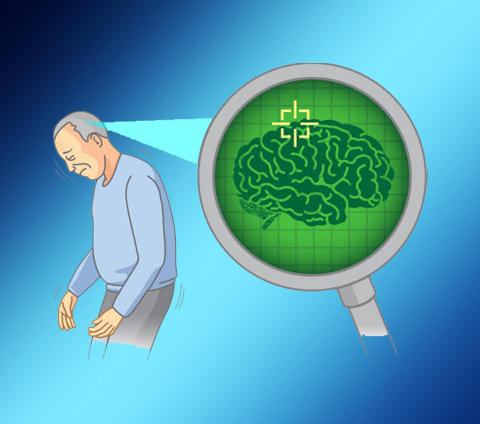
PARKINSON’S DISEASE
PARKINSON’S DISEASE
It is a degenerative disorder of the central nervous system mainly affecting the motor system. Early in the course of the disease, the most obvious symptoms are movement-related; these include shaking, rigidity, slowness of movementand difficulty with walking and gait. Later, thinking and behavioural problems may arise, with dementia commonly occurring in the advanced stages of the disease, and depression being the most common psychiatric symptom. Other symptoms include sensory,sleep, and emotional problems.
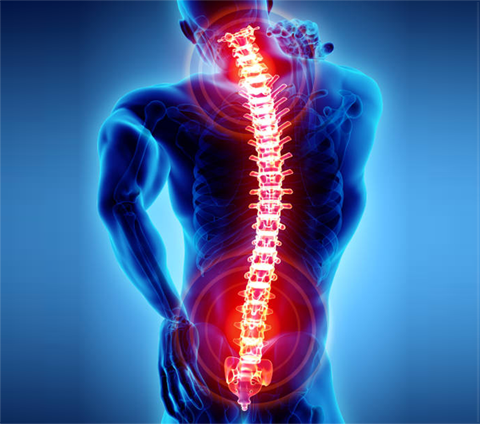
SPINAL CORD INJURY
SPINAL CORD INJURY
The ability to return home and to the community with the highest degree of lifelong independence is possible even after a spinal cord injury, with a minimized risk for secondary complications, when supported by inpatient rehabilitation. The health professionals who make up our multidisciplinary team of physiatrist, nurses, therapists, social workers, case managers, and other physician specialists also have extensive experience and skills in the area of spinal cord injury rehabilitation.
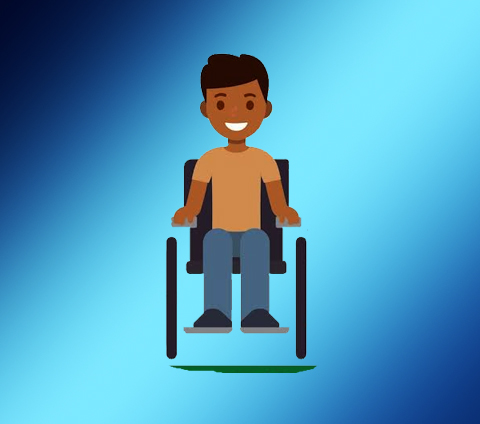
CEREBRAL PALSY
CEREBRAL PALSY
We treat patients with exaggerated reflexes, floppy or rigid limbs and involuntary motions. These appear by early childhood. People may experience Muscular: abnormality walking, difficulty walking, difficulty with bodily movements, increased muscle activity, involuntary movements.
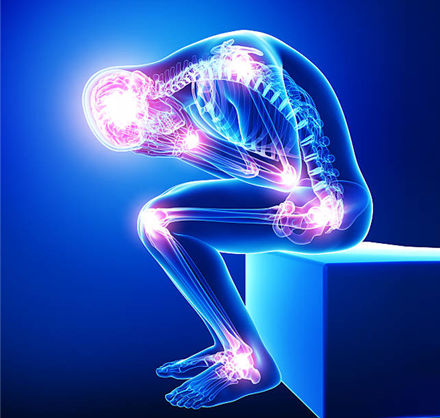
GBS TREATMENT
GBS TREATMENT
The first symptoms of Gullaine–Barré syndrome are numbness, tingling, and pain, alone or in combination. This is followed by weakness of the legs and arms that affects both sides equally and worsens over timed The weakness can take half a day to over two weeks to reach maximum severity, and then becomes steady.In one in five people, the weakness continues to progress for as long as four weeks.
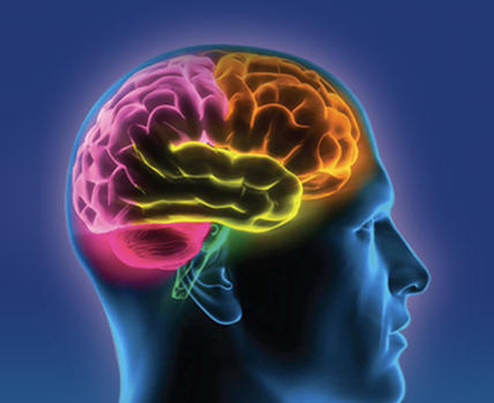
BRAIN INJURY
BRAIN INJURY
Brain injury, whether traumatic or acquired, can take many forms and affect human function in many ways, including memory, physical abilities, cognitive (thinking) abilities, behaviour, decision making and more. Within this wide continuum of symptoms and severity, our Rehabilitation Centre offers an in-depth and comprehensive program.
Our Founders
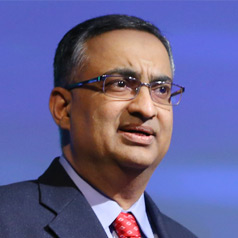
Dr. Bharath Krishna Sankar
Chairman and Co-Founder
Chairman – Aparajitha Group
Chief Mentor – Poornatha
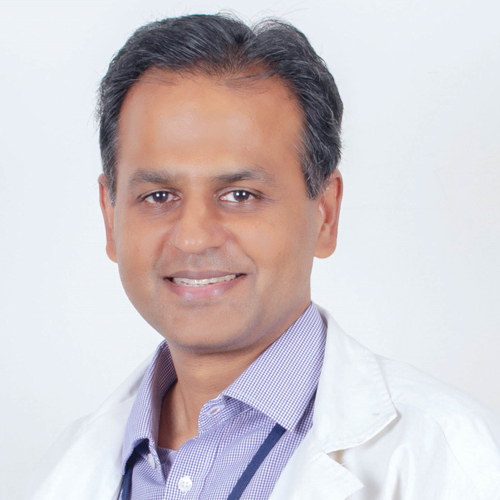
Dr. S. Aravind
Co-Founder
Chief Medical Officer
Director – Projects, Aravind Eye Care System
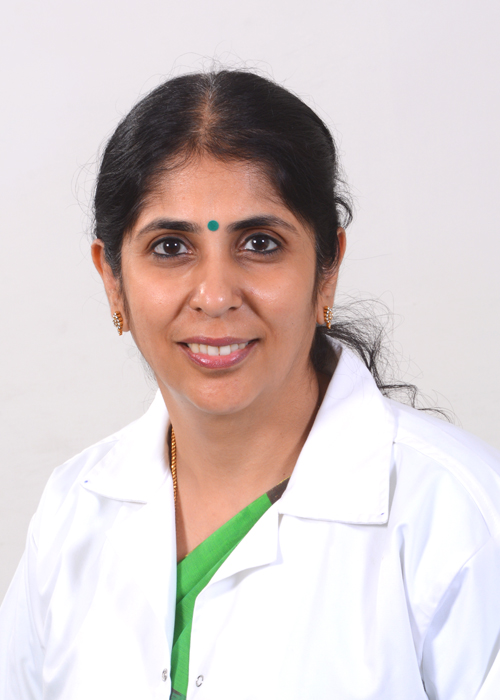
Dr. Haripriya Aravind
Co-Founder
Chief, Intraocular Lens & Cataract Services
Aravind Eye Care System



